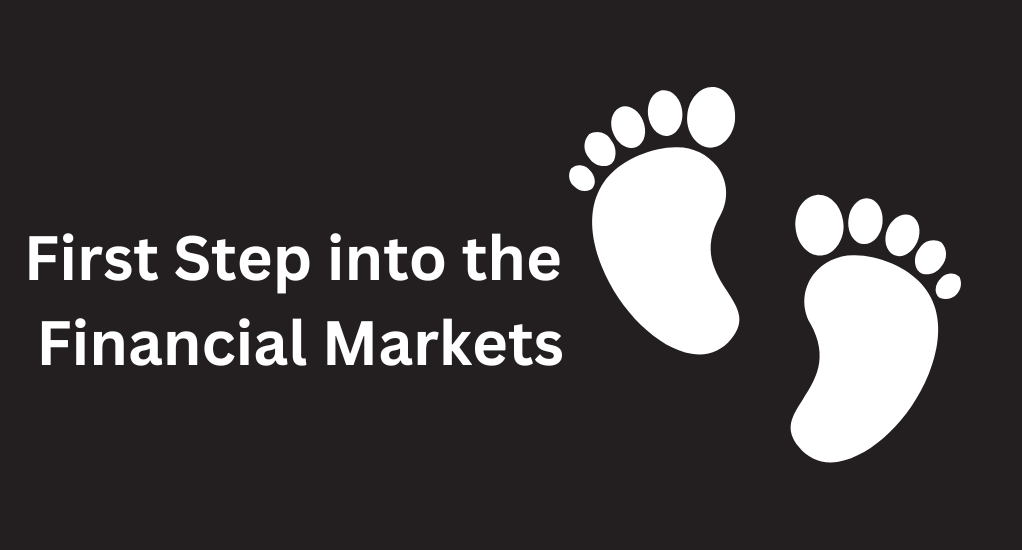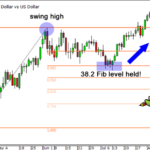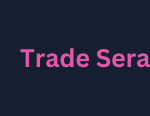Ever wondered what it’s like to be part of the financial world? To dive deep into the waves of stocks, commodities, and currencies? Well, you’re about to find out! Let’s set sail.
What is Trading?
In its essence, trading is the act of buying and selling assets with the aim of making a profit. Think of it like a marketplace – but instead of fruits and vegetables, you’re dealing with stocks, currencies, and other financial instruments. Fun, right?
Why Do People Trade?
Trading offers a myriad of opportunities. Some trade to earn a secondary income, some for the thrill of the game, and others as a full-time profession. Beyond the financial gains, it’s also about the challenge and the strategy – a bit like playing chess with real money at stake.
Starting Your Trading Journey
Before you dive headfirst into the trading pool, you need some essential gear. Let’s get you kitted up!
- Choosing the Right Market: Remember, not all markets are created equal. Do you have an affinity for tech? Maybe stocks are your game. Fancy international affairs? The foreign exchange market might just be your playground. Choose wisely, as each market has its quirks!
- Understanding Trading Platforms: Imagine trying to play a video game without a console. Sounds impossible, right? That’s where trading platforms come in. They are the interface between you and the financial markets, allowing you to execute trades, analyze market data, and manage your portfolio. And, just like video games, it’s crucial to pick the one that suits your style.
The Importance of a Trading Strategy
Ever tried to navigate a city without a map? A trading strategy is your map in the financial markets. It guides your decisions, helping you to know when to enter or exit a trade. Remember, consistency is key here – stick to the plan!
Basics of Risk Management
In the world of trading, not every day is sunny. Sometimes, the market throws a storm your way. But, with the right techniques, you can weather any financial downpour.
The Concept of Risk-to-Reward
Think of it as the scales of justice. On one side, you have the potential profit (reward), and on the other, the potential loss (risk). The goal? Ensure the scales tip in favor of reward.
- Setting Stop-Losses: This is your safety net. A stop-loss order automatically sells an asset when its price drops to a certain level, protecting you from further losses. Think of it as your financial parachute.
- Technical vs. Fundamental Analysis: These are the twin pillars of trading analysis. Each has its strengths, and like peanut butter and jelly, they’re even better when used together.
- Reading Chart Patterns: Charts are the heartbeat of the market. By interpreting patterns, you can predict future price movements. It’s a bit like meteorology, but for finance!
The Role of Economic Indicators
This is where you put on your detective hat. By examining economic data – think employment numbers, interest rates, and GDP – you can glean insights into the market’s direction. Elementary, my dear trader!
- Building a Trading Mindset: Here’s a secret: trading is as much about mentality as it is about money. Cultivating the right mindset can be the difference between success and failure.
- Emotional Intelligence in Trading: Trading is an emotional rollercoaster. By mastering your emotions, you ensure they don’t dictate your decisions. After all, it’s your brain you want running the show, not your heart.
- Continual Learning and Adaptability: The market is ever-changing, like a river’s flow. By continually learning and adapting, you ensure you’re always sailing smooth waters, ready to tackle any rapids that come your way.
Conclusion
Embarking on a trading journey is like setting off on an epic adventure. With the right tools, mindset, and strategy, the financial markets can be both profitable and exhilarating. Ready to take the plunge?
FAQs
The stock market is often recommended for beginners due to its relative stability and plethora of learning resources.
It varies by market and platform, but with the rise of micro-investing apps, you can start with as little as $5!
Not quite. While both involve buying and selling assets, trading typically involves shorter time frames, whereas investing is about long-term growth.
Many platforms offer “demo accounts” where you can trade with virtual money to practice and hone your skills.
Often, new traders let emotions drive their decisions rather than following a strategy. Discipline is crucial!
ACDX.io aims to provide balanced and reliable information on cryptocurrency, finance, trading, and stocks. However, we refrain from offering financial recommendations and encourage users to conduct their own research and thorough verification.
Read More









